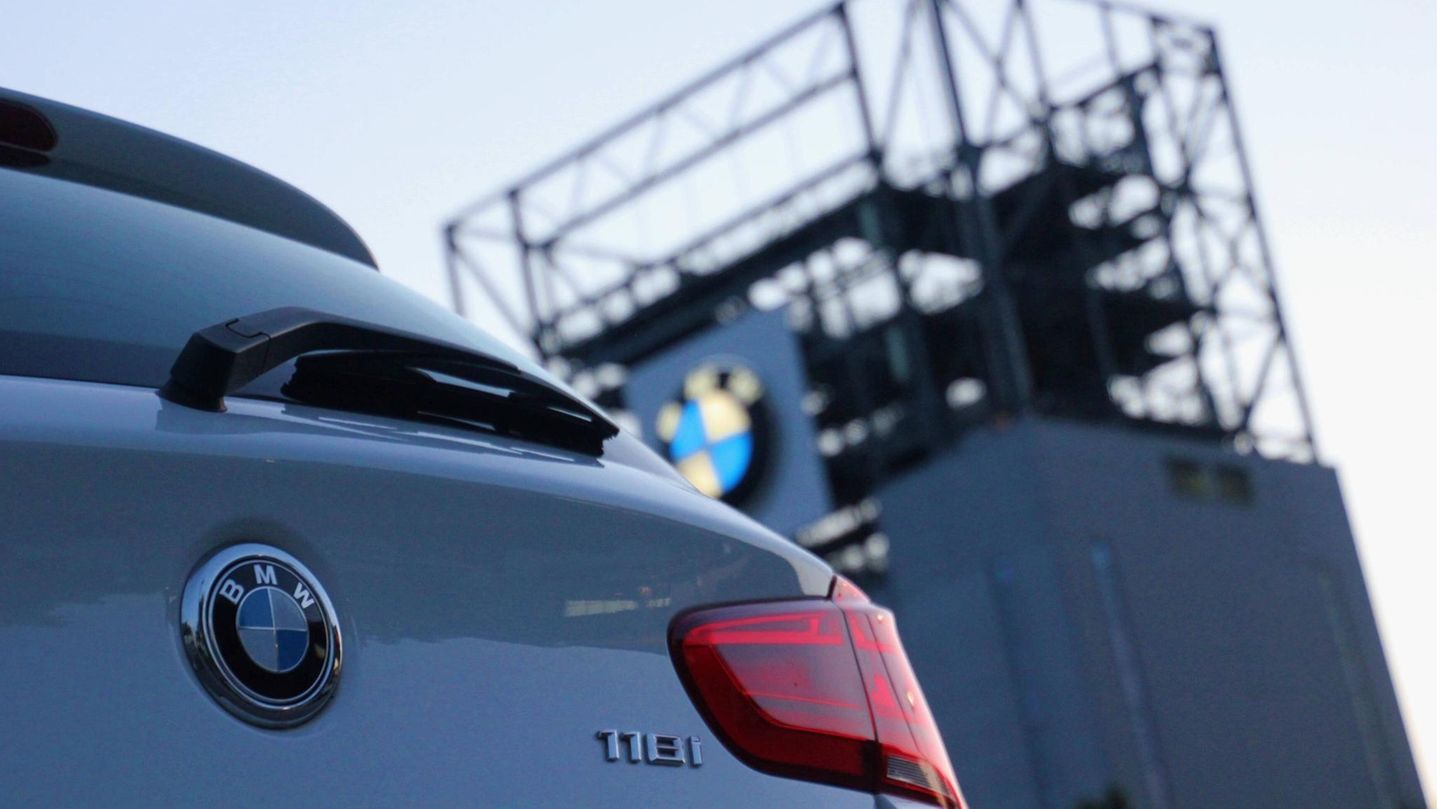While electromobility is a done deal in the auto industry, BMW intends to continue to rely on the internal combustion engine. According to development board member Frank Weber, the carmaker is even planning a “new generation”. Nevertheless, there is no way around the electric car.
BMW doesn’t just see the future as electric. The German carmaker not only wants to continue to rely on the internal combustion engine, but even build new ones. BMW development board member Frank Weber announced in an interview with “Auto Motor und Sport”: “We are working on a new generation of engines: petrol, diesel, six-cylinder, eight-cylinder.” These vehicles will then also be technologically equipped for the upcoming emission standards.
It sounds paradoxical, but the head of development explained to the magazine: “We still need the ultra-modern combustion engine for a few years to effectively reduce CO2 emissions in the passenger car sector globally.” From BMW’s point of view, the infrastructure for electric cars is not yet good developed enough for the carmaker to rely entirely on electric cars in the foreseeable future. Instead, BMW wants to reduce CO2 emissions, for example with the six-cylinder engine, “as much as with a generation change”. “We looked at the entire gas exchange and found a promising approach there. (…) Nothing is really the same as it was before. There is something completely new in the cylinder head,” says Weber.
The BMW development board indicated that the 3 Series sedan will continue to appear as a combustion model. Because for the Munich-based company, it is not just the narrow focus on electromobility that is decisive: “Our aim is to always offer the most sustainable and innovative vehicles, regardless of the type of drive,” says Weber.
He went on to say: “(…) The problem that there are too few charging stations cannot be solved overnight. That’s why we vehemently resist naming a date for phasing out combustion engines. (…) Of course it is The future will be electric, only if we force customers into an e-car now and they are all stuck in traffic at the charging station on their way to vacation, then nothing will be gained.”
For the 7 Series, the luxury sedan from BMW, which is due to come onto the market this year, the Munich-based company is therefore continuing to rely on an internal combustion engine. According to the statements, BMW is not planning a sedan model that will only be available with an electric motor.
BMW also promises improvements in electric cars in the future
“At the latest with the ‘New Class’ we will then start in an age in which it is no longer about BMW on the one hand and BMWi on the other hand, but only about BMW. From then on the brand will basically be electric.” With the ‘New Class’ BMW wants to gear its vehicles more towards electric drive and thus increase its electric car sales.The construction of these vehicles with a new platform, new batteries and new software is to start in 2025 in the planned BMW plant in Hungary and then be rolled out to all plants and model classes.
According to Weber, there is still a lot to be gained in terms of efficiency and costs – even with the electric models. He said: “We’re not just calling the ‘New Class’ because it’s about time. It represents how the brand is approaching the BEV theme, how that affects the design, what platform and components are required , how digital performance is developing, because that’s where development is particularly rapid.” So BMW is assuming that the ‘New Class’ will get by without government subsidies. And Weber also promised: “There has never been so much change in a BMW in one fell swoop.”
Car manufacturers are driving electromobility
According to EU law, internal combustion engines may no longer be brought onto the market from 2035. The Union wants to be completely climate-neutral by 2050. As a result, practically all car manufacturers worldwide are driving electromobility and some even want to become an e-brand. VW wants to put more money into the development of electric cars than ever before, 89 billion euros. The company wants to be the market leader in electromobility by 2025. In 2026, every fourth car sold by Wolfsburg should be an electric car.
The situation is similar with the Stellantis car group. Within the Stellantis brands, which include Opel, Fiat, Jeep and Citroën, data on the phase-out of the internal combustion engine are also already known: DS Automobiles plans to phase out the internal combustion engine in 2026, Alfa Romeo in 2027, Opel/Vauxhall in 2028 and Peugeot 2030 – at least in Europe. By 2025, Stellantis plans to invest more than 30 billion euros in electromobility and software.
Mercedes also wants to significantly advance electromobility and signed an agreement at the climate conference in Glasgow last November to phase out combustion engines by 2040 at the latest. Before that, Mercedes wants to have achieved electric car sales of 15 to 25 percent by 2025.
Like BMW, Toyota relies on internal combustion engines
Toyota, on the other hand, is pursuing a strategy similar to that of BMW: the Japanese carmaker has hybrid and electric vehicles in its range, but the company is working on the development of internal combustion engines with alternative – especially synthetic – fuels. The world’s largest car manufacturer is cooperating with Mazda and Subaru as well as the motorcycle manufacturers Kawasaki and Yamaha. Mazda is also looking for a way into the emission-free car world and, according to its own statements, has already tested “a diesel made 100 percent from biomass”. Toyota President Akio Toyoda said, “The enemy is carbon, not the internal combustion engine.”
Sources: , With material from DPA
Source From: Stern
I am a 24-year-old writer and journalist who has been working in the news industry for the past two years. I write primarily about market news, so if you’re looking for insights into what’s going on in the stock market or economic indicators, you’ve come to the right place. I also dabble in writing articles on lifestyle trends and pop culture news.




